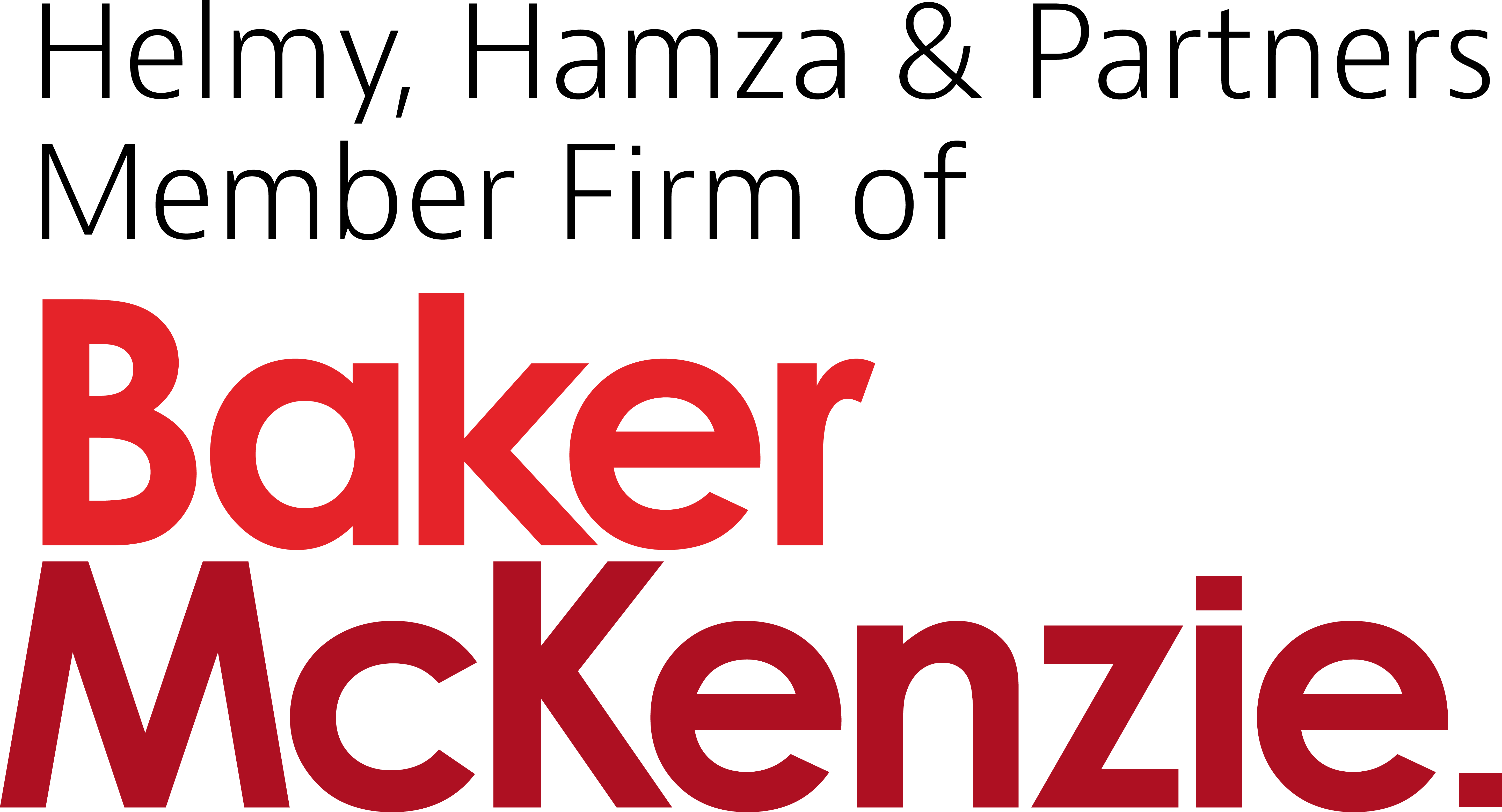In more details
The ECA's press release indicates that the Cartel Members had agreed, on a daily basis, on the selling price of white and red table eggs from the farmers to the traders/merchants. Such acts led to an excessive increase in the price of table eggs in the Egyptian market in the past period.
Upon investigation, the ECA found that at the end of each day, the Table Eggs Chamber and the major farms discuss setting the price of table eggs for the next day. Additionally, they shared this daily selling price with market players on the Facebook page of Chamber and Union and the individual pages of each geographic area in Egypt. Further, the major producers shared the daily price on their private pages to disseminate the new prices to all farms in Egypt.
More importantly, according to the ECA, gathered evidence indicated that a senior member at the Chamber has encouraged the members not to cooperate with the ECA and other supervisory authorities along with destructing evidence and hindering the ECA's investigation.
Further, the ECA considered the exchange of future pricing of table eggs a violation to article 6 of the ECL which prohibits cartels.
Conclusion and main takeaways
A number of takeaways can be noted from the above cases, including the following:
- The ECA has significantly increased its cartel (horizonal agreement) enforcement by issuing several cases under Article 6 of the ECL in more recent years.
- The ECA seems to have begun to strategically utilize their resources. Recently, the ECA issued infringement decisions against schools for restrictions on school uniform and also conducted a consumer campaign for their awareness ahead of the new academic year. Similarly, in this case, the ECA has issued this important decision weeks before the beginning of the academic year where parents particularly rely on eggs for breakfast.
- The ECA has confirmed its stance that the discussion of all forms of future pricing is prohibited.
- Strategic goods that have a direct impact on consumers seem to be on the priority list of the ECA. Enforcement efforts in the FMCG, medical/health and education sectors in Egypt confirm this trend. Other strategic sectors such as household electrical appliances case. Please refer to our Client Alert.
- Obstructing ECA's investigation is a serious infringement to the ECL. It is not clear, however, whether the senior member who tried to obstruct the investigation has been found to have violated the ECL and been issued a separate violation decision.
* * * * *

© 2024 Helmy, Hamza and Partners. All rights reserved. Helmy, Hamza and Partners is a member firm of Baker & McKenzie International, a global law firm with member law firms around the world. In accordance with the common terminology used in professional service organizations, reference to a "partner" means a person who is a partner, or equivalent, in such a law firm. Similarly, reference to an "office" means an office of any such law firm. This may qualify as "Attorney Advertising" requiring notice in some jurisdictions. Prior results do not guarantee a similar outcome.

